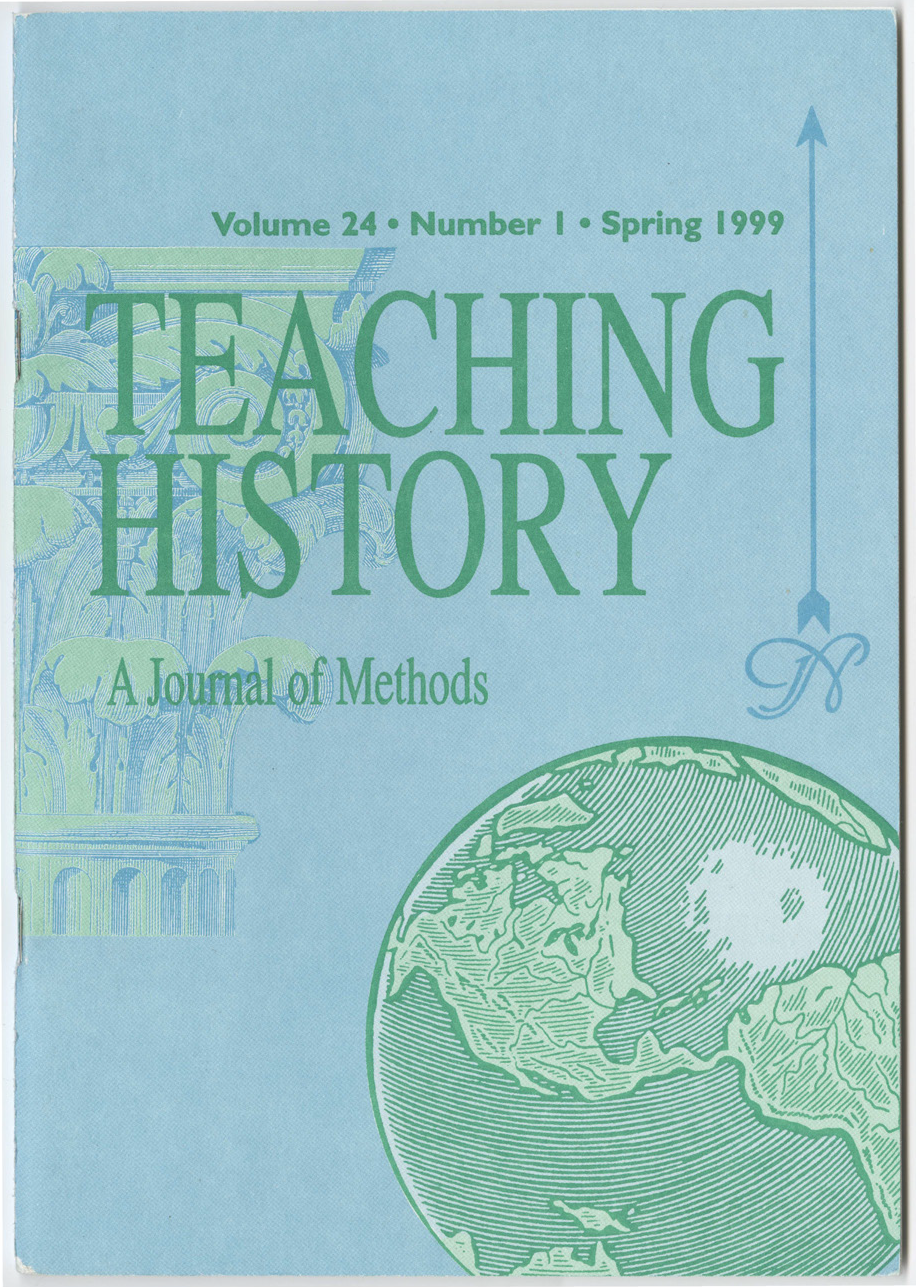Lewis And Llyod-Jones, Using Computers In History - A Practical Guide
DOI:
https://doi.org/10.33043/TH.24.1.37-38Abstract
The advent of the computer allows the historian to manipulate data and extract meaningful information from a conglomeration of facts and figures. Unfortunately, there are few guides to the process of using a computer to manipulate data in a meaningful fashion. The writers of most computer manuals are more interested in presenting the how and why of computers and computer programs than in describing their use by real people. Few technical books on computers really guide the struggling reader through an actual example of their use. M.J. Lewis and Roger Lloyd-Jones have written a book that fills this void and bridges the gap between the technical writer and the user of computers. Beyond this, they have written a book that is easily read and followed through the intricacies of actually using a computer for a practical purpose.
Using Computers in History is a practical book designed to acquaint the historian with the use of spreadsheets and databases in the study of history. This is a worthwhile book because it not only covers the theory of spreadsheets and databases; it also has several practical exercises that take the reader through the use and presentation of historical data using the concepts described earlier in the book. While the book is based on the Windows 3.1 operating system, the writing is so clear that users of DOS programs and Windows 95 can easily follow the text and complete the practical application.
Downloads
Downloads
Published
How to Cite
Issue
Section
License
Copyright (c) 1999 John R. Moore

This work is licensed under a Creative Commons Attribution-NonCommercial-NoDerivatives 4.0 International License.
By submitting to Teaching History, the author(s) agree to the terms of the Author Agreement. All authors retain copyrights associated with their article or review contributions. Beginning in 2019, all authors agree to make such contributions available under a Creative Commons Attribution-NonCommercial-NoDerivatives 4.0 International license upon publication.



